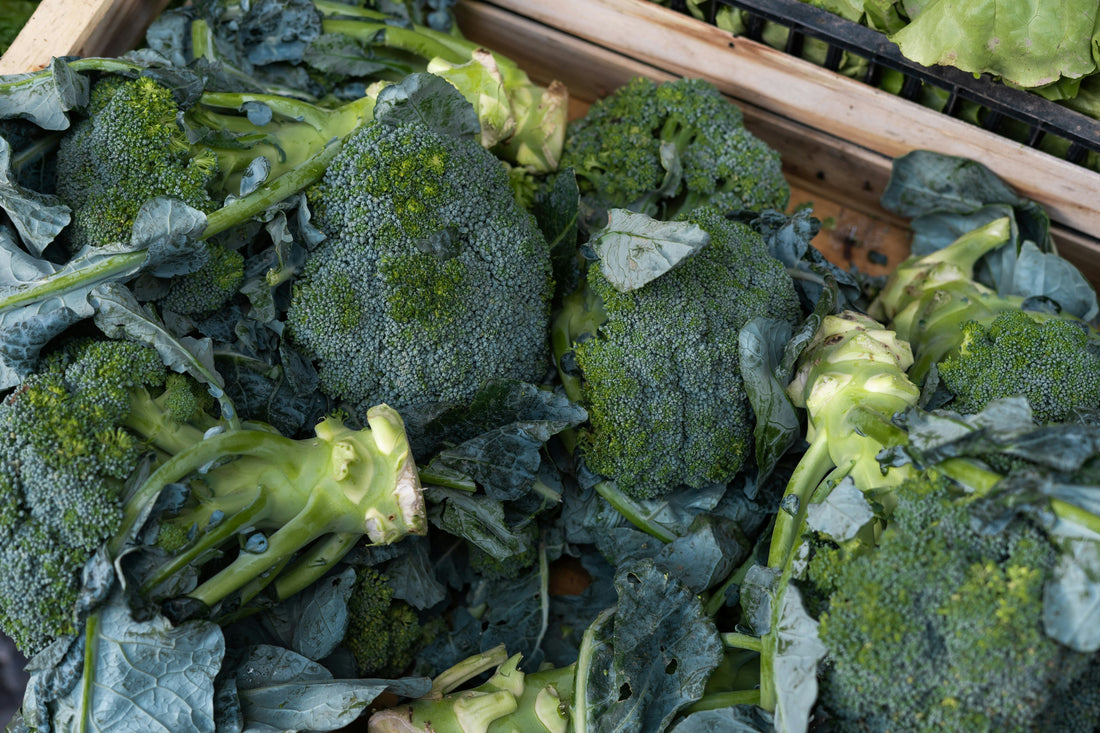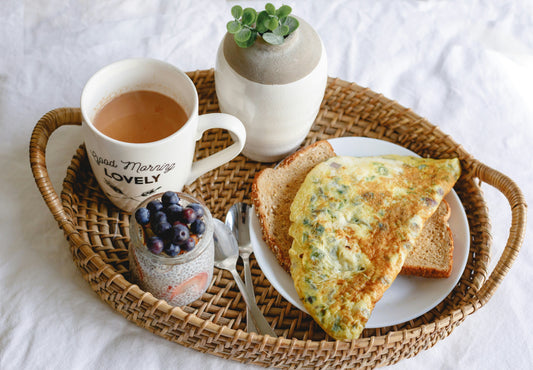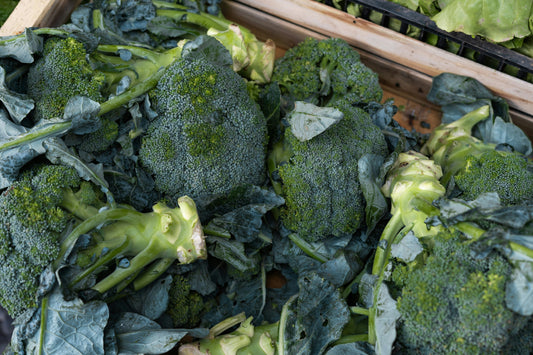We know all nutrients are important for preconception and pregnancy, but it can still be hard to get right!
A few key nutrients to focus on to optimise conception and pregnancy and support the baby’s health long-term:
Are you getting enough? I’ll share if I think it is something you should supplement or get from food.
FOLATE - supplement - at a minimum you need 800mcg of folic acid (some women need more). Learn about the different roles and types of folate here.
IODINE - supplement - NZ soils are deficient in iodine so it makes it hard to get into our diet unless you are a big seafood and seaweed eater
CHOLINE - eat - eggs are a wonderful source, if you can consume 1-12 per week and are eating other animal products you might be meeting your needs of 450mg per day in pregnancy/preconception. If you don’t eat eggs a supplement may be needed. More info on choline here.
VITAMIN D - supplement - most Kiwi’s don’t get enough sun year-round to sustain optimal vitamin D levels. a 2011 study showed that the optimal dose of vitamin D was 4000IU. This provided both mum and baby with good blood levels by birth (PMC3183324).
OMEGA 3 FATTY ACIDS - eat - plenty of omega 3 fatty acids can be obtained from oily fish (salmon, tuna, sardines, anchovies, mackerel, trout). 2-3 servings a week will meet your needs. If you can’t face the idea of fish in pregnancy then a supplement may be needed.
ZINC - eat - red meat, nuts, seeds, beans and lentils all contain zinc and your prenatal should have some too. Supplements should only be needed to correct deficiencies as shown by blood tests.
IRON - supplement/eat - iron needs in pregnancy and postpartum are high, so this means iron should be a big focus throughout. Some women can sustain iron levels through food alone, but many can’t. Get advice early in your pregnancy about your iron and how to sustain it. Don’t wait until 3rd trimester and then try and play catch up as it is often too little too late. Support can be given around how to increase iron absorption and how to prevent constipation with some iron tablets, or non-constipating forms of iron can be given.
MAGNESIUM - eat - leafy greens, nuts, seeds, and whole grains provide good amounts of magnesium and should be consumed throughout pregnancy.
CALCIUM - eat - dairy, green veggies, tofu, and canned fish with bones are great sources of calcium. Even vegan/dairy free women can get enough calcium from their diet with careful planning. A supplement is very rarely needed.
B12 - eat - meat, eggs and nutritional yeast all provide B12 levels. Supplements should only be used to correct deficiencies.
Have you got your FREE copy of my Fertility nutrients guide? Grab yours here.
Coordinating your diet with supplements can be confusing! It’s not always easy to see where the gaps are, if any - this is where an experienced eye comes in. For help with your pregnancy or preconception nutrition, you can book a 1:1 session with me (Jessica) or Tayla, or start with a quick supplement review to check you have your nutrients covered.




